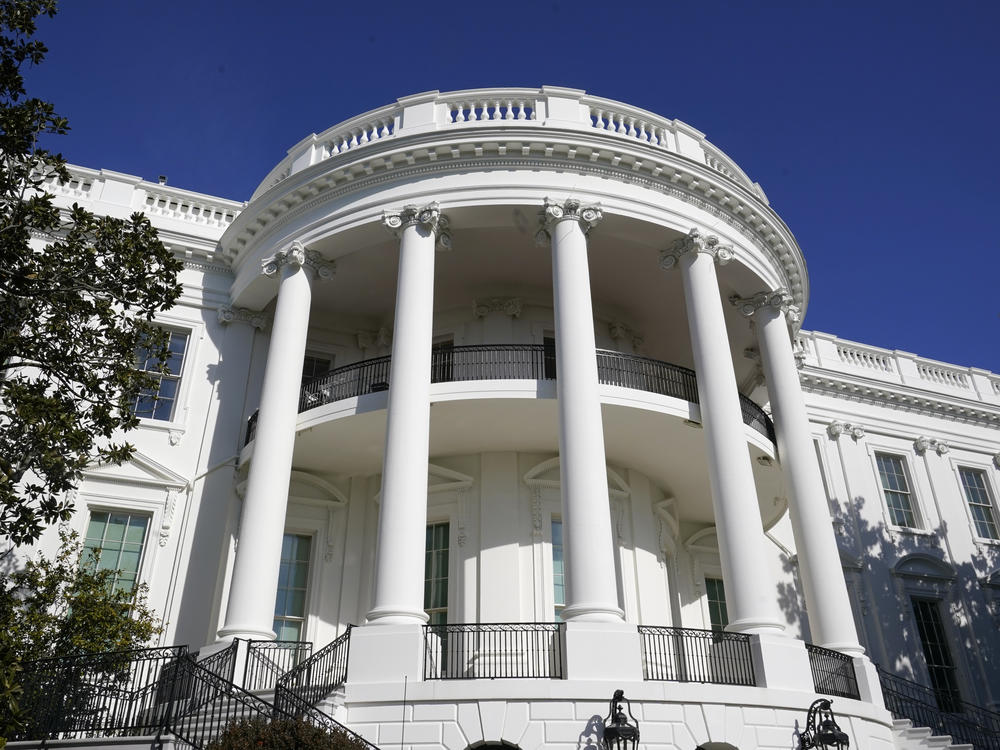Section Branding
Header Content
The White House wants $44 billion in emergency funding. Here's what that covers
Primary Content
Congress faces a Sept. 30 deadline to agree on a short-term funding bill that would avert a government shutdown.
The White House has asked that $44 billion in extra emergency spending be tacked on to that bill.
It's far from a sure bet that the White House will get everything it is asking for. Last year, repeated requests from the Biden administration for extra funding for the COVID pandemic went unfulfilled.
Here's how this year's request breaks down.
Ukraine: $24 billion
This request faces resistance from some Republicans in the House, though the White House has said it's confident that there are enough votes to help support Ukraine in its efforts to push back Russia's invasion. The total includes:
- $13.1 billion for military equipment and replenishing U.S. Department of Defense stockpiles as well as continued military, intelligence and other defense support
- $8.5 billion for economic, humanitarian and security aid to Ukraine and other countries affected by the war
- $2.3 billion for the World Bank
Federal Emergency Management Agency: $16 billion
The White House initially asked for $12 billion to replenish FEMA's depleted Disaster Relief Fund. But by the end of August — after wildfires on Maui and in Louisiana, flooding in Vermont, and a major hurricane in Florida — that was deemed insufficient. The new ask: $16 billion dollars.
Border security: $4 billion
The administration is looking for extra money for several departments to help deal with fentanyl trafficking and provide help to migrants at the southern U.S. border. This total includes:
- $2.2 billion for Homeland Security for border management, shelter and services for migrants
- $416 million for Homeland Security to counter fentanyl trafficking
- $800 million for the State Department for migration needs
- $350 million for Health and Human Services for prevention, treatment and recovery services for fentanyl
Copyright 2023 NPR. To see more, visit https://www.npr.org.

